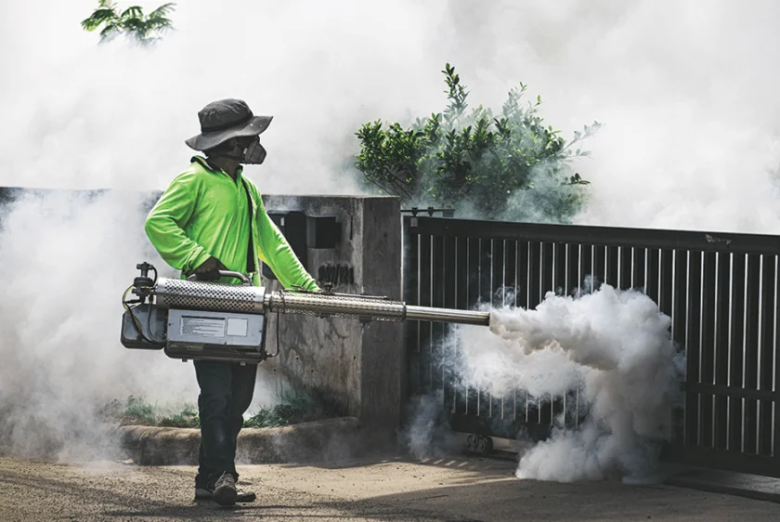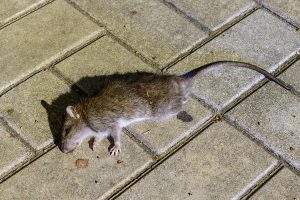In today’s world, pest control is a necessary aspect of maintaining a clean and healthy environment. However, traditional methods of pest control often involve the use of harsh chemicals that can have adverse effects on our natural habitats and ecosystems.
Fortunately, there are safe pest control methods that not only effectively eliminate pests but also preserve our natural habitats.
One such approach is integrated pest management (IPM), which focuses on using environmentally-friendly methods to manage pests. This includes strategies such as physical barriers, biological controls, and cultural practices to reduce pest populations.
One key benefit of IPM is its minimal impact on non-target organisms. While traditional pesticides can harm beneficial insects like bees and butterflies, IPM targets only the specific pests in question while leaving other organisms unharmed.
Furthermore, IPM helps preserve the balance of nature by not disrupting the food chain. Traditional pesticides may kill off certain species that play important roles in maintaining our ecosystems. This can lead to a domino effect that ultimately harms other plants and animals in the area.
In addition to IPM, organic farming techniques also contribute to safe pest control and preserving natural habitats. Organic farmers use practices such as crop rotation, intercropping, and mechanical weed removal instead of https://www.pinkpages.com.au/businesses/safe-pest-control-pty-ltd-11366886 relying on chemical fertilizers or pesticides.
These methods help maintain soil health and promote biodiversity by creating a habitat for beneficial insects while controlling harmful ones naturally.
Another factor contributing to safe pest control is educating consumers about their role in preserving natural habitats. By making informed choices about their purchases and supporting eco-friendly products or services,, individuals can encourage businesses to adopt safer alternatives for managing pests.
Moreover, responsible waste management plays an essential role in keeping pests at bay without causing harm to our environment. Properly disposing of garbage reduces breeding sites for common household pests like flies or rodents while preventing pollution that could damage plants or wildlife living nearby.
It’s crucial for communities globally participate towards sustainable environmental efforts through recycling programs rather than burning trash or disposing of it in landfills.
Incorporating these safe pest control practices not only prevents harm to our natural habitats but also has long-term benefits for our health. Chemical pesticides used in traditional methods can contaminate food sources, air, and water, which can have severe consequences on human health.
In contrast, safer alternatives like IPM and organic farming contribute towards building a healthier environment for all living beings.
In conclusion, safe pest control is critical to preserving natural habitats and maintaining a sustainable ecosystem. By shifting towards eco-friendly methods like IPM and organic farming and becoming more conscious of our waste management habits, we can effectively manage pests without harming the environment. It’s crucial for individuals to play their part in supporting businesses that prioritize sustainable practices while educating themselves on making responsible choices that benefit the planet.




